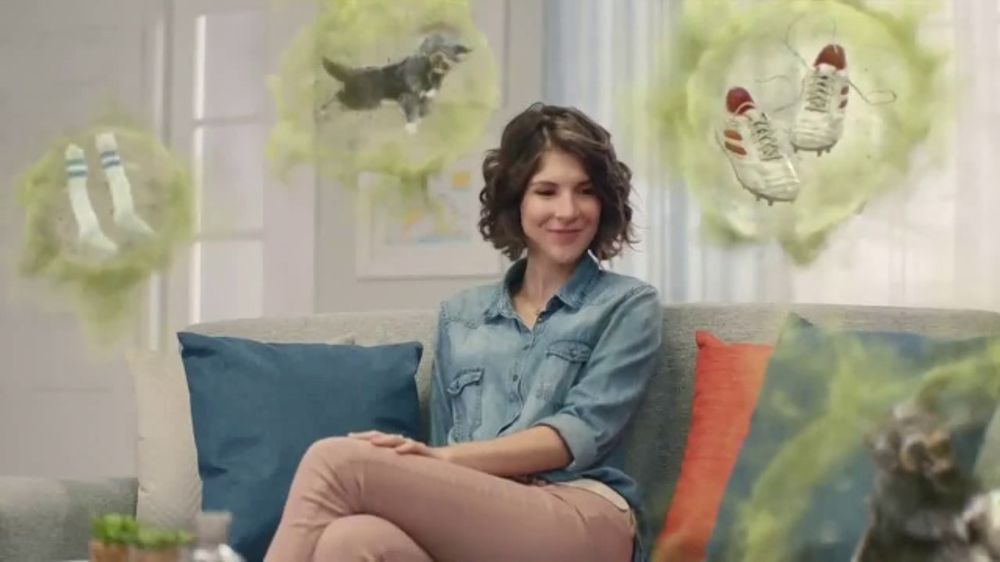Have you ever walked into a house with a strong smell of dog or cat and thought to yourself, “How do these people live like this?” Cue this commercial, which is more than just creative marketing. According to Pamela Dalton, a cognitive psychologist at Monell Chemical Senses Center, nose blindness or sensory adaptation is a real thing.
The way sensory adaptation happens is fascinating. When a smell enters our nostrils, it sends a signal to our brain to be identified. If our brain determines the smell is not a threat, then it decides not to waste any more energy on that problem, and our noses’ odor receptors begin to switch off. The threat level is calculated based on the number of interactions we have with the smell. Hence, we get nose blind to odors others may find offensive.
This idea made us wonder whether sensory adaptation ends with our nose. Maybe we experience sensory adaptation in our lives and our organizations. Consider these examples of being “nose blind” that we’ve encountered recently.
- David was talking with a leader who was frustrated with a peer. The leader shared some feedback with their colleague that they come off as defensive when receiving constructive criticism. The colleague’s response? *CUE THE BLINDNESS* They responded defensively.
- Becky worked with a community organization that was frustrated by a peer organization’s lack of response to a local crisis. In the exact same conversation, the organizational leaders explained *CUE THE BLINDNESS* that they recently turned down a plea to partner with that same peer on a local initiative.
At home, we might be embarrassed when we realize our brain has overlooked a smell that our guests find unpleasant, but it’s not likely to be a big deal in our relationships. At work, however, there might be a higher cost to our leadership, our team, and our organizational culture. How do we remain alert to the unpleasant odors in our personal leadership habits, team habits, and organizational habits? Here are three actions we believe can help us avoid nose blindness.
Commit to Learning
When we’re learning about new ideas and perspectives, it helps us see bad habits, unhelpful practices, and toxicity in our cultures. If you can’t remember the last time investment you made into learning a new way of doing things and experimenting with changes, then you might be nose blind.
Invite Insight
Feedback is essential for confronting nose blind leadership. Invite guests (friends, colleagues, bosses, consultants, vendors, etc.) to share their thoughts and get their opinions on a particular subject. Resist the temptation to quickly dismiss the discomfort you may feel when they start talking. That might be a sign that you are re-activating your sense of leadership smell.
Ask for Impressions
Most of our organizational clients are bringing on new hires. Think about this group as an uncorrupted resource that could provide perspective into your team or culture. Ask new team members what stood out to them about your organization in the first week, month, or 6 months? What did they see and experience that was unique? Was there anything particularly challenging or frustrating to them?
—–
Action Step: Don’t let nose blindness hinder your team. What action will you take this week to improve your leadership senses: commit to learning, invite insight, and/or ask for impressions?


















